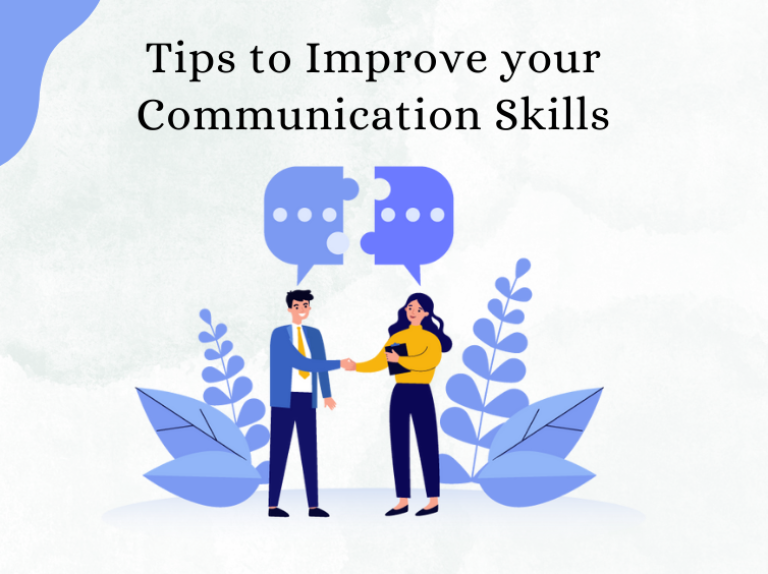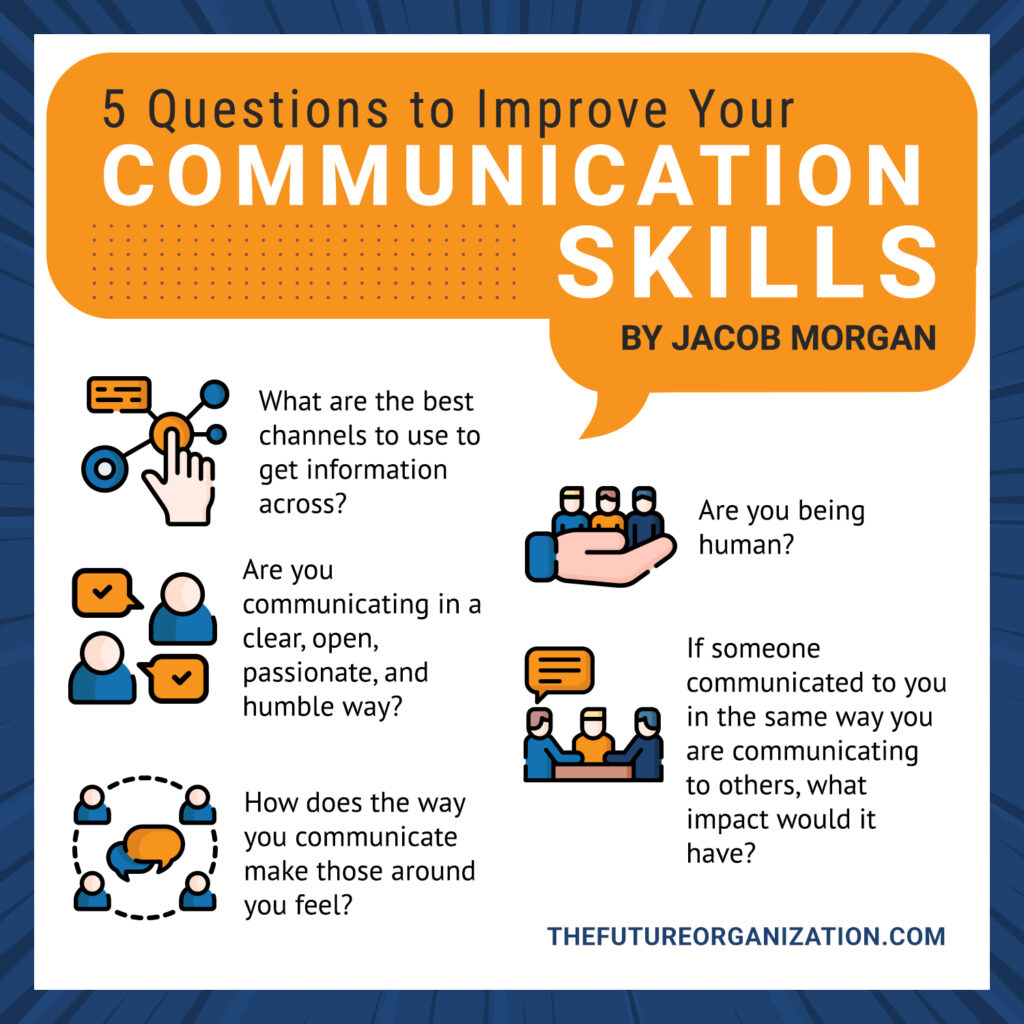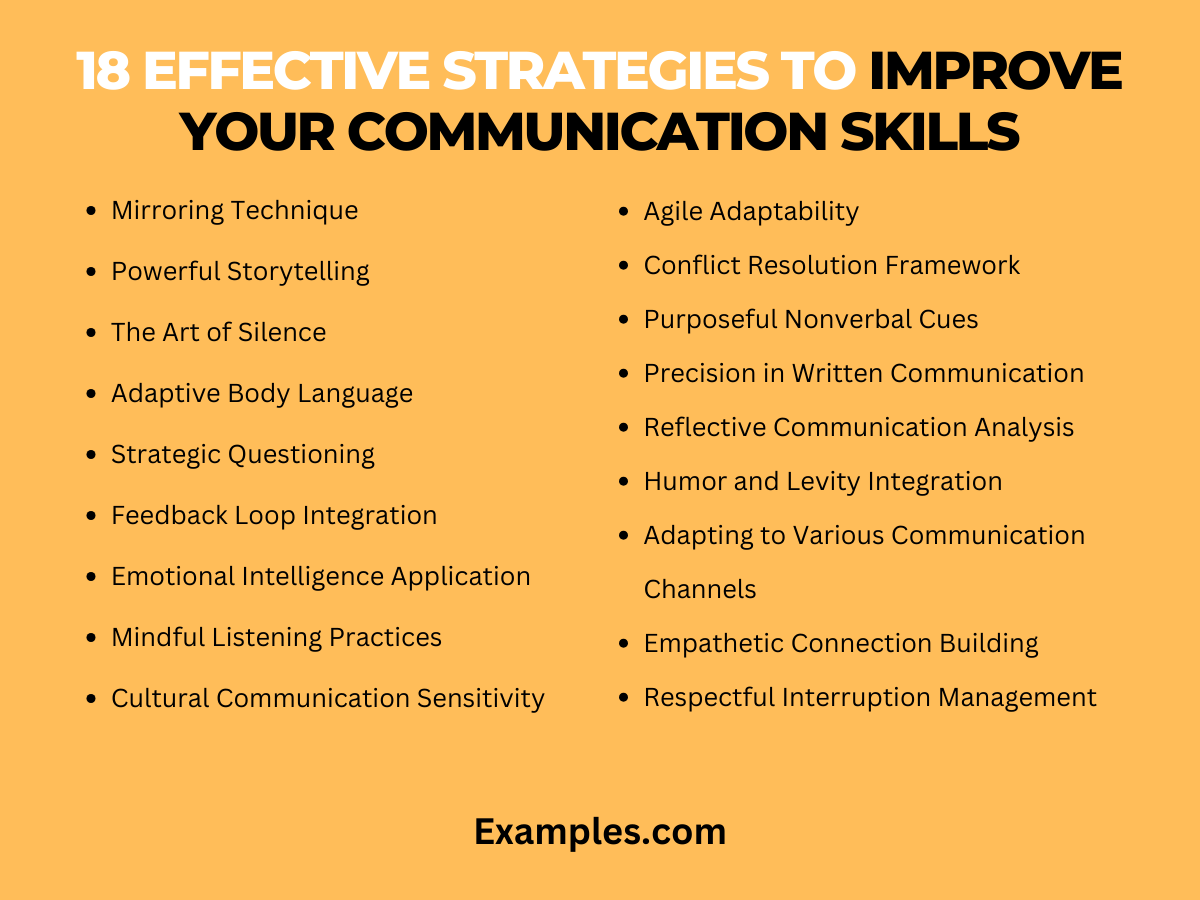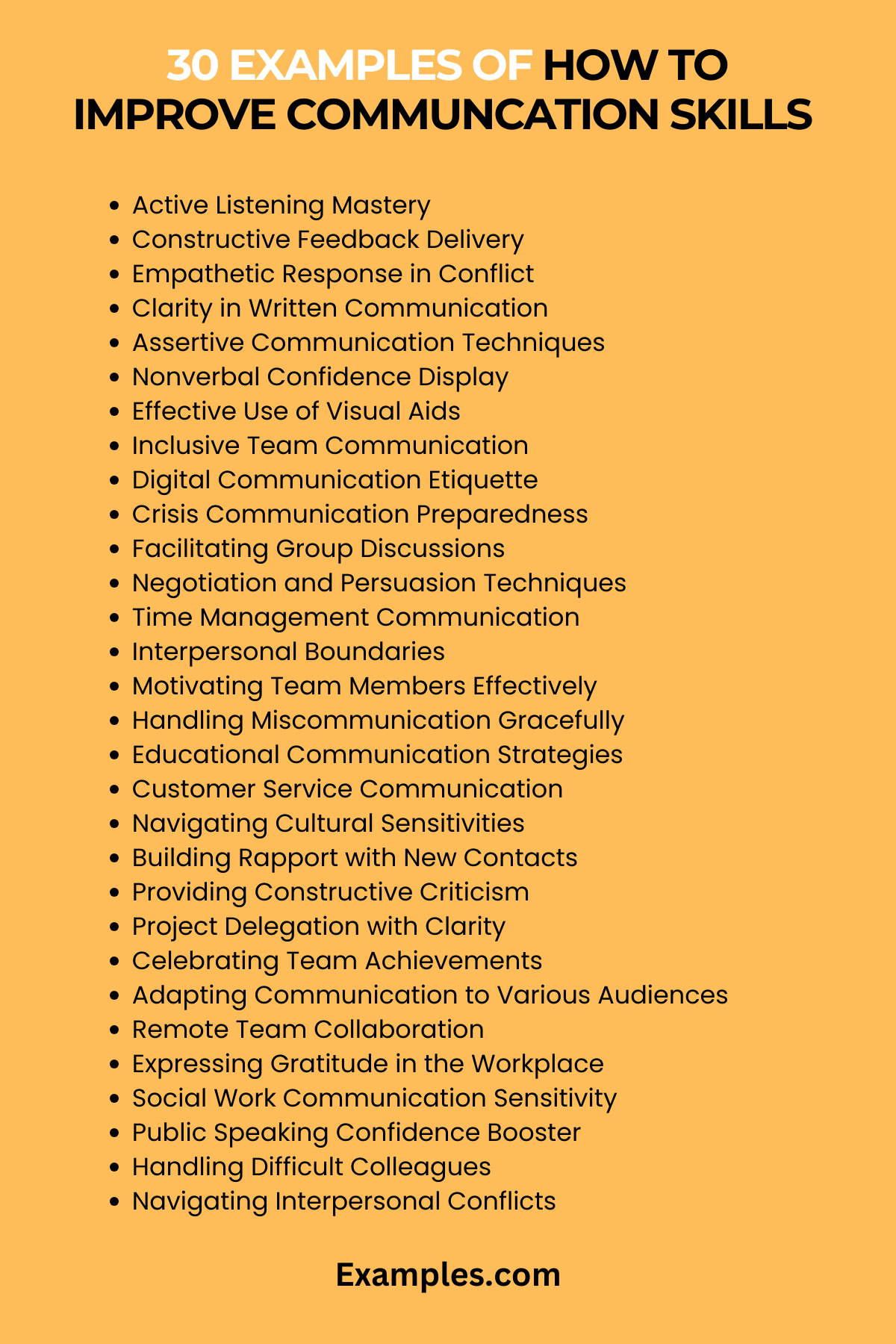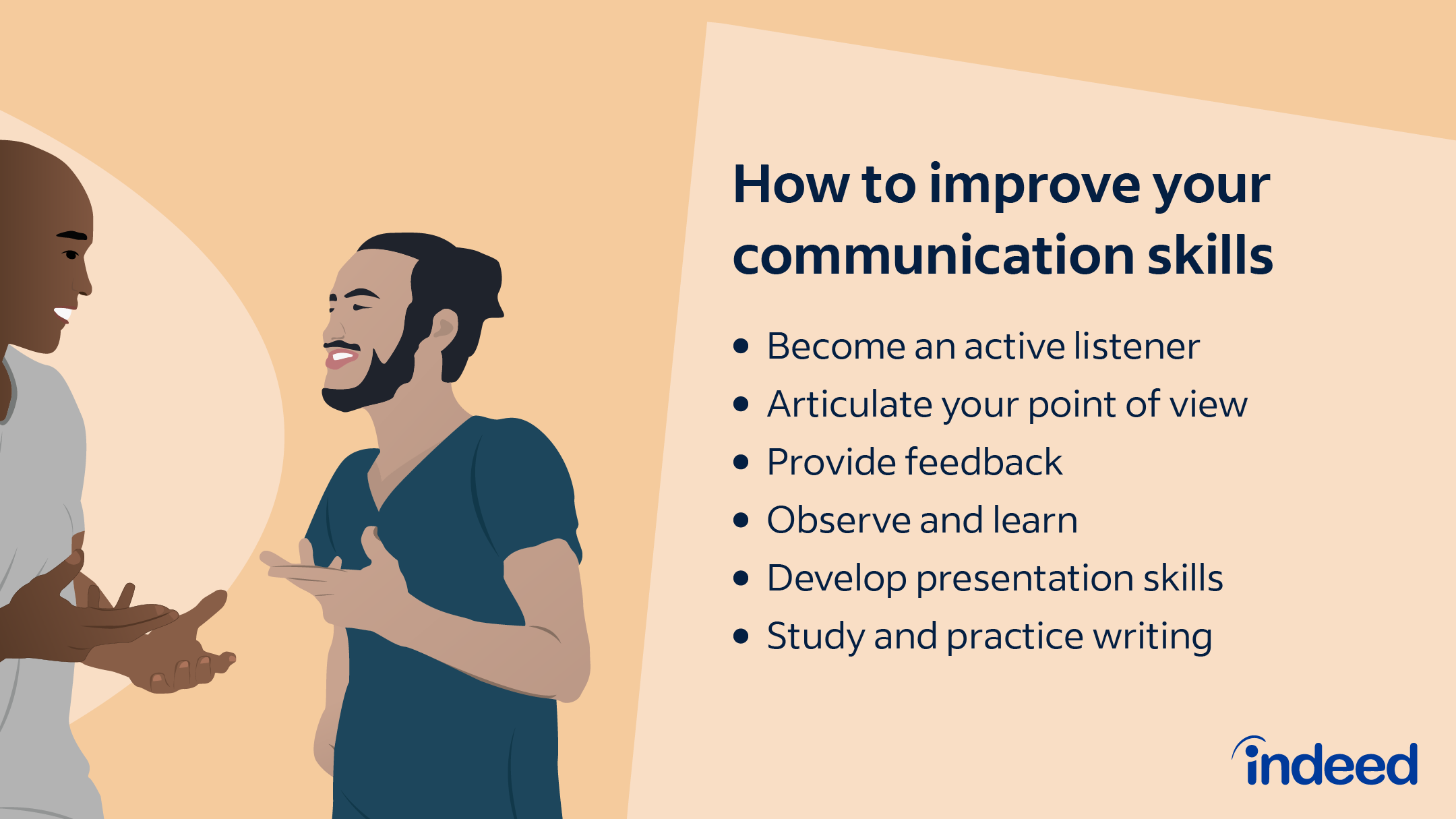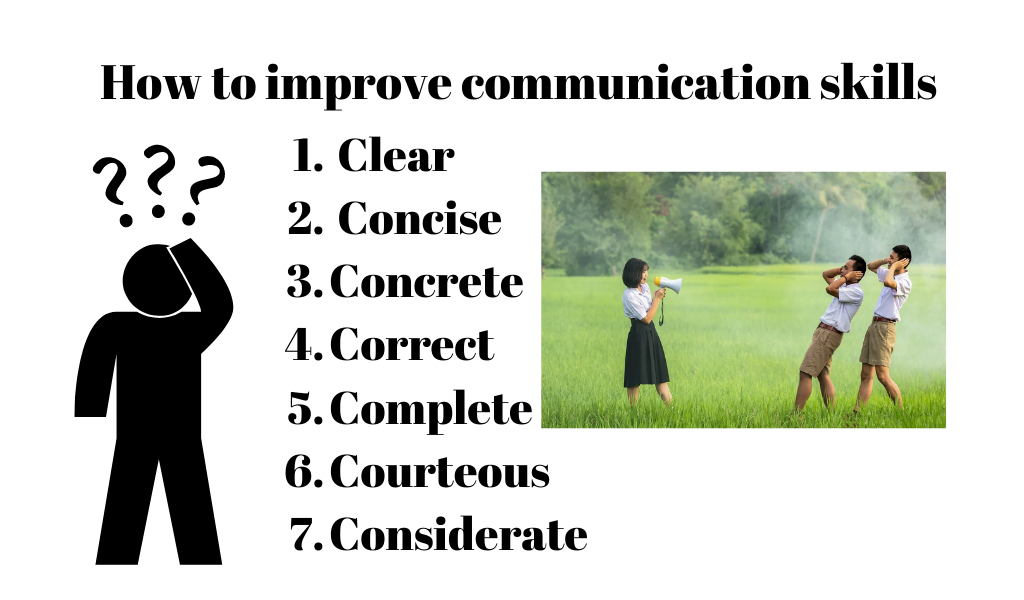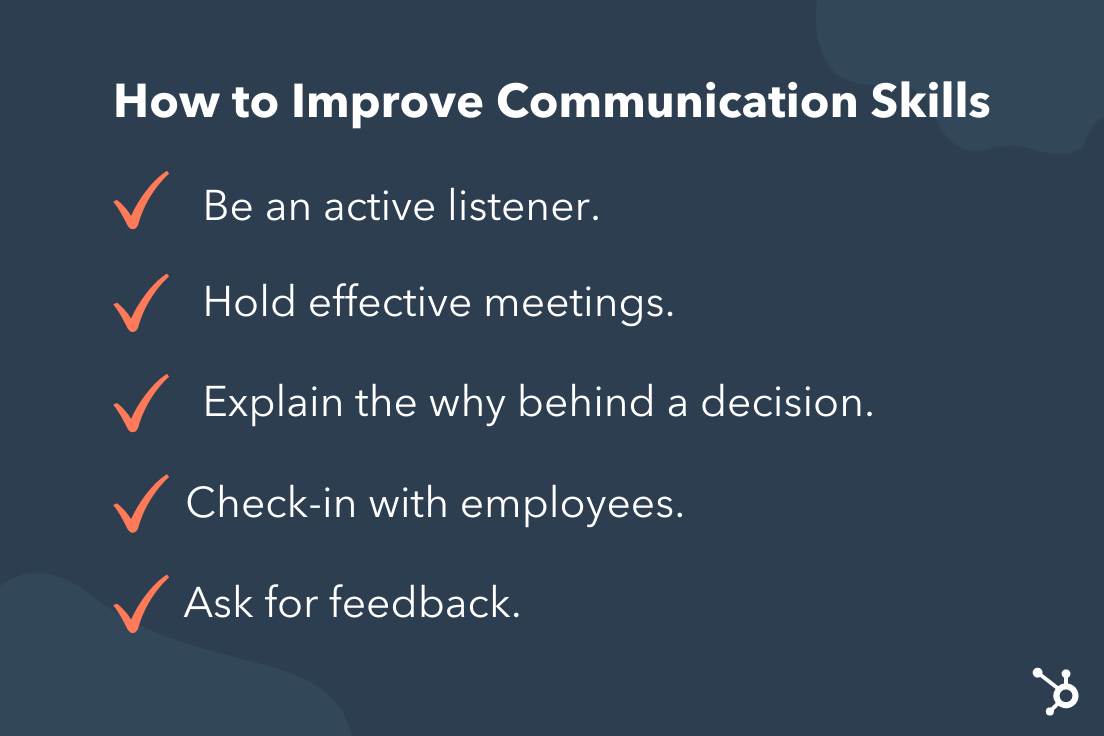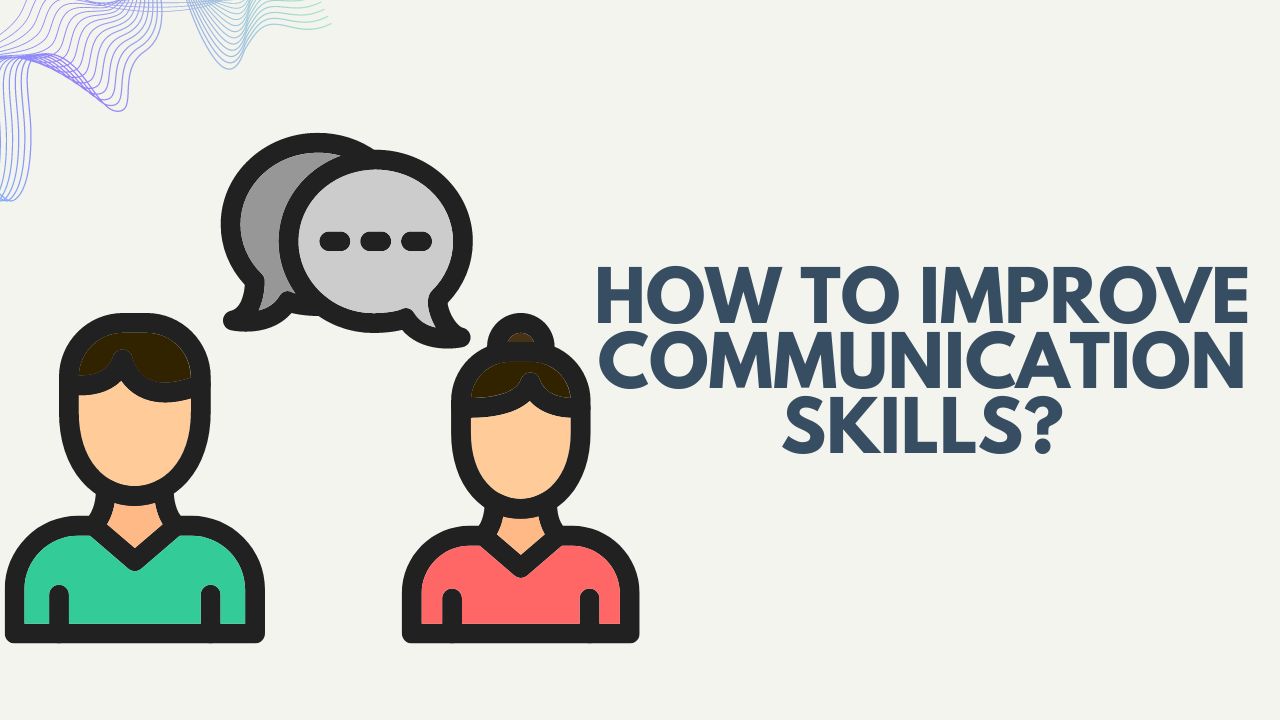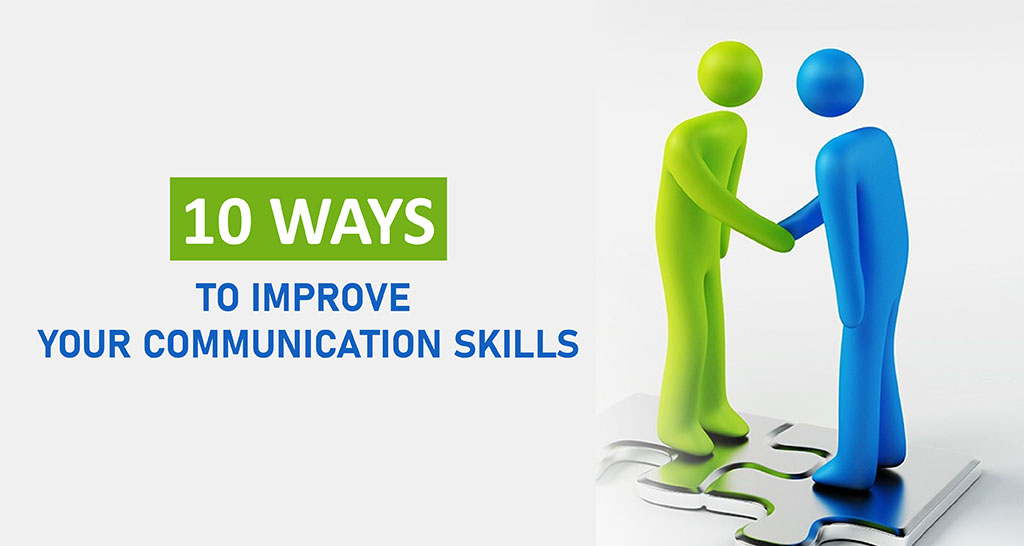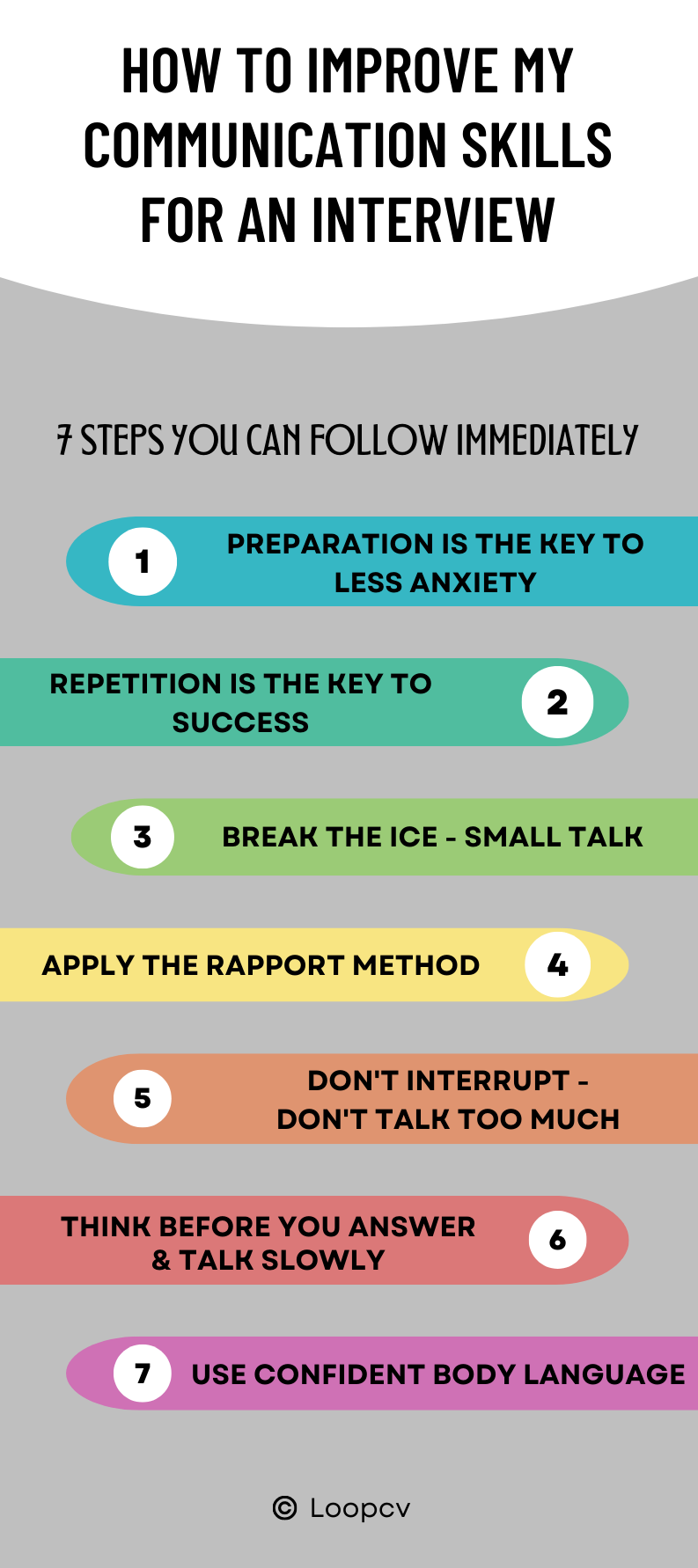How To Develop Communication Skills

Imagine standing in a crowded room, the air thick with conversations buzzing around you. You have something important to say, a brilliant idea you're eager to share, but somehow the words seem to catch in your throat. The confidence you felt moments ago begins to waver, replaced by a quiet apprehension. This scenario, familiar to many, highlights the critical importance of effective communication skills.
At its core, the ability to communicate effectively is not just about talking; it's about connecting, understanding, and being understood. This article explores practical strategies and insights to help you cultivate and refine your communication skills, empowering you to navigate personal and professional interactions with greater confidence and clarity.
Why Communication Skills Matter
Strong communication skills are fundamental for success in virtually every aspect of life. According to a 2023 report by the National Association of Colleges and Employers (NACE), employers consistently rank communication skills as one of the most desirable attributes in new hires.
Beyond the workplace, these skills foster stronger relationships, facilitate conflict resolution, and allow us to express our thoughts and feelings with clarity. Think of resolving a disagreement with a loved one, or presenting your ideas effectively in a meeting – communication is the key.
Building a Strong Foundation
Effective communication starts with active listening. It's more than just hearing the words; it's about truly understanding the speaker's message, both verbal and nonverbal. Pay attention to body language, tone of voice, and underlying emotions.
Practice summarizing what you've heard to ensure you've understood correctly. Try saying things like, "So, if I understand correctly, you're saying..." or "It sounds like you're feeling..."
Clarity is paramount. Use concise language, avoid jargon, and structure your thoughts logically. Before speaking, take a moment to organize your ideas to prevent rambling or confusion.
Be mindful of your nonverbal communication. Maintain eye contact, use open and inviting body language, and modulate your tone of voice to match the message you're conveying.
Practical Techniques and Exercises
One powerful technique is storytelling. Sharing anecdotes and personal experiences can make your message more engaging and memorable. "People connect with stories; they remember stories" as communications expert Annette Simmons often says.
Empathy is also crucial. Try to understand the other person's perspective, even if you don't agree with it. This can help you tailor your message and build rapport.
Consider joining a public speaking group like Toastmasters International. These groups provide a supportive environment to practice your skills and receive constructive feedback.
Seek feedback from trusted friends, colleagues, or mentors. Ask them to observe your communication style and provide honest assessments of your strengths and weaknesses.
Overcoming Communication Barriers
Fear of public speaking, also known as glossophobia, is a common barrier. Prepare thoroughly, practice regularly, and focus on your message rather than your anxiety.
Cultural differences can also present challenges. Research cultural norms and be mindful of potential misunderstandings. Sensitivity and respect are essential.
Communication breakdowns often occur due to assumptions. Always seek clarification if something is unclear, and avoid making assumptions about the other person's intentions.
The Continuous Journey
Developing excellent communication skills is an ongoing process, a journey of continuous learning and refinement. Embrace opportunities to practice, learn from your mistakes, and seek feedback from others.
Remember, communication is a two-way street. It requires both speaking and listening, giving and receiving. By focusing on these key principles, you can unlock your full potential as a communicator and build stronger, more meaningful connections with others.
Ultimately, mastering communication skills is about empowering yourself to express your authentic self, connect with others on a deeper level, and navigate the complexities of life with greater confidence and grace. It's an investment in yourself that will pay dividends for years to come.
